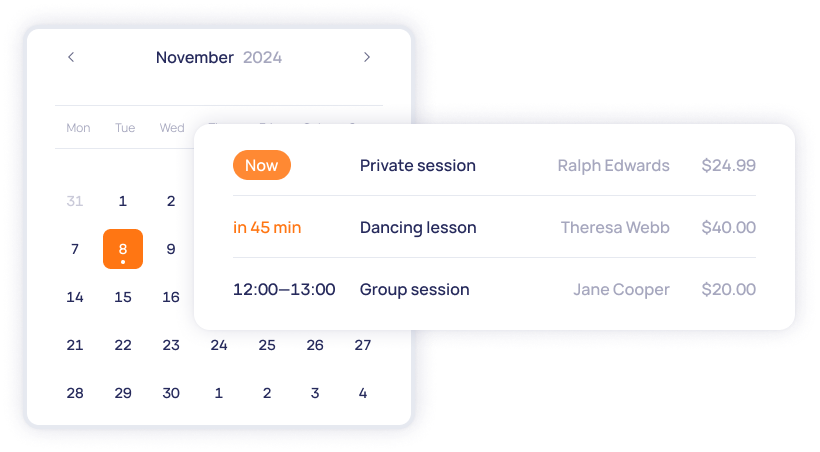This is the Backbone of Efficiency: Significance of Work Scheduling Systems
In today's fast-paced business environment, effective work scheduling is vital than ever. Given teams frequently scattered across various locations and the needs of projects escalating, organizations must embrace robust solutions to enhance their scheduling processes. A superb work scheduling software not only improves the allocation of resources but also enhances team collaboration and productivity.
The ideal scheduling solution can transform how businesses operate by lessening conflicts and making sure that every team member is conscious of their responsibilities. It enables for better management of time and resources, enabling organizations to respond rapidly to changing priorities and demands. By embedding technology into scheduling practices, companies can cultivate a more organized and efficient workplace, ultimately resulting in improved performance and employee satisfaction.

Comprehending Work Timetables
Job scheduling is the method of planning tasks, assignments, and resources to optimize productivity among a team or organization. Effective task planning ensures that the right people are allocated to the correct tasks at the appropriate times, which is essential for fulfilling deadlines and achieving business objectives. It provides for a concise overview of individual and team workloads, helping managers assign resources efficiently and lessen downtime.
In the modern fast-paced job environment, many businesses have utilized work scheduling tools to improve their processes. These digital tools offer a variety of features, including automated scheduling, immediate updates, and team notifications, making it more convenient to manage intricate schedules. By utilizing technology, businesses can lessen the administrative burden often linked with manual scheduling and foster a more agile job culture.
The value of effective work planning cannot be emphasized. With flexible solutions, teams can reshape their plans to handle shifts in priorities or unexpected changes. This flexibility not only enhances productivity but also improves employee satisfaction by providing transparency around their roles and responsibilities. Ultimately, a strong work scheduling system serves as the backbone of efficient operations, enabling organizations to succeed in challenging markets.
Benefits of Effective Scheduling
Efficient work scheduling empowers organizations to maximize their resources, making sure that every team member is used to their fullest potential. By efficiently assigning tasks based on personal strengths and availability, companies can improve productivity and increase overall efficiency. This strategy not only optimizes output but also encourages a more equitable work environment where employees perceive valued and engaged.
Another significant positive aspect of efficient scheduling is enhanced communication and collaboration among team members. When schedules are transparent and shared, everyone knows their roles and responsibilities, which reduces confusion and lowers the likelihood of overlapping tasks. This transparency simplifies workflow and enhances teamwork, allowing employees to coordinate effectively, share ideas, and support each other in achieving common goals.
Lastly, a successfully implemented work scheduling solution can lead to higher employee satisfaction and retention. The capacity to manage time off, shifts, and workloads with adaptability allows employees to maintain a healthier work-life balance. When workers feel that their needs are considered and that they have a voice in their schedules, they are more likely to be invested in their company. This investment in employee well-being ultimately translates into minimized turnover rates and a more motivated workforce.
Resources for Work Planning Fixes
Concerning effective work scheduling, a range of tools is available to meet diverse organizational needs. Software solutions like Monday.com offer graphic planning features that permit teams to create and alter schedules with ease. These platforms permit users to assign tasks, set deadlines, and track progress, making sure that all members stays aligned on assignment timelines. The adaptability these tools provide makes them fitting for both small teams and big organizations.
A further category of scheduling solutions concentrates on workforce management. Tools such as Deputy are specifically designed for managing employee schedules, time tracking, and communication. These platforms permit organizations to enhance shift assignments, manage requests for time off, and even send reminders to staff about their schedules. By promoting smoother operations, they help reduce scheduling conflicts and enhance overall team morale.
For businesses that require more complete features, software like Wrike offers advanced scheduling capabilities. These tools feature resource management, Gantt charts, and integrations with other business applications. By providing a unified platform for planning and executing work, they empower managers to enhance resource allocation and improve project outcomes. Utilizing the right tools for work scheduling can greatly enhance efficiency and operational efficiency.